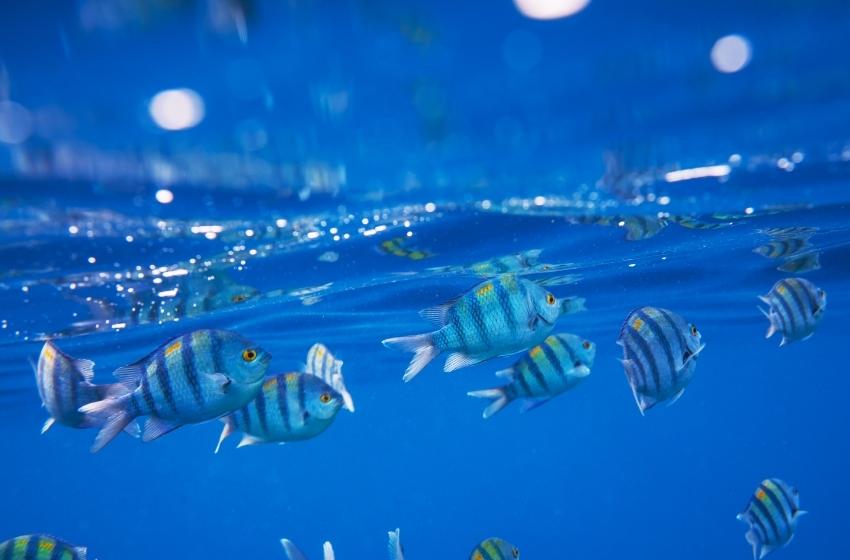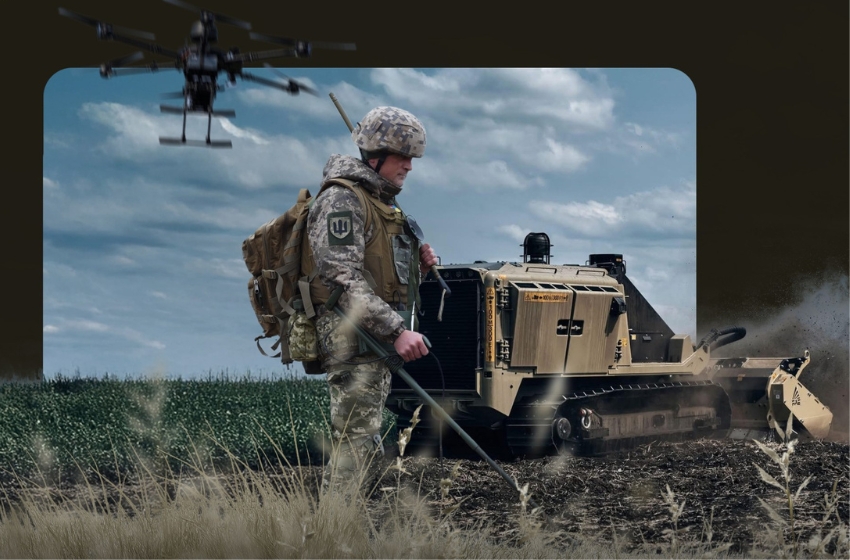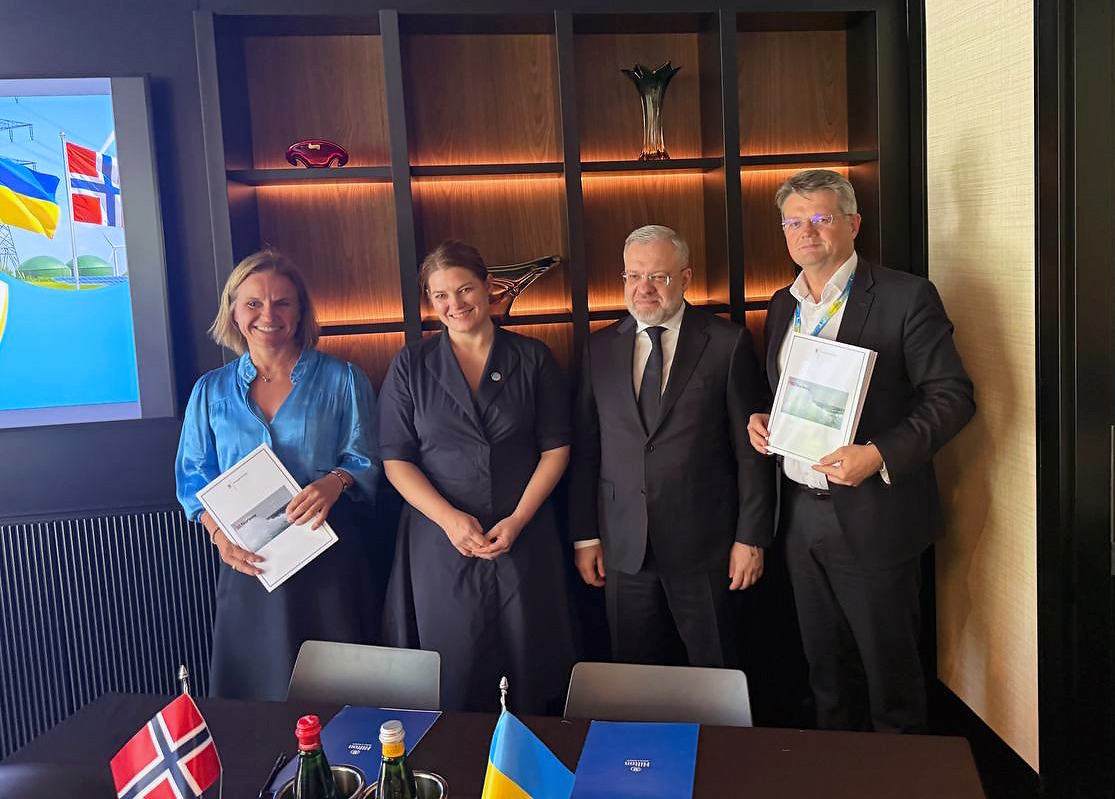From time to time, mass media reports on the observance of unusual-for-the-Black-Sea species, e.g. the exotic pennant coralfish (Heniochus acuminatus) and predatory red barracuda (Sphyraena pinguis). The barracuda got to the Mediterranean Sea through the Suez Canal, at which point it became naturalised before pushing into Black Sea waters through the Bosphorus. The tropic pennant coralfish was seen only once in 2003, and most likely was brought into the sea area near the Crimean coast by ballast waters from ships coming originating in the Indian or Pacific Oceans. Also, it could simply have been released from a fish tank, as this fish is a very popular object of aquarium husbandry. In 2013, a dogtooth grouper (Epinephelus caninus) was caught near the South-Western coast of Crimea. It was even transported alive to an aquarium, where it lived for more than a year in seawater! The dogtooth grouper is a powerful predator, with a life span up to 75 years inhabiting the Western Atlantic and the Mediterranean Sea waters. It could easily reach the Black Sea by travelling through the straits. Meanwhile, in 2016, a fisher found a specimen of the well-known ocean sunfish (Mola mola) not far from the Turkish city of Rize. It was the first sighting of this species in the Black Sea. Most likely, the fish got into the Black Sea from the Aegean through the system of straits.
Another interesting case arose via reports on the appearance of a seal near the Crimean coasts. It carried hopes for the recovery of the Mediterranean monk seal (Monachus monachus) population, as the species has not been seen in the Black Sea for more than 50 years. However, there were no firm evidence to prove that the seal really was there. It is also interesting that a female grey seal (Halichoerus grypus) was found and photographed in an underwater cave not far from the Western Crimean coast. For a long time, the animal has been confused with the Mediterranean monk seal. The likeliest explanation is that it escaped or was released from captivity. The seal lived in the Black Sea for at least 15 years; what happened to it thereafter is unknown.

The list of exotic species which get into in the Black Sea accidentally and do not take root there, is very long. Nevertheless, some of them assimilate, for instance, rapana and mud crab (Dyspanopeus sayi) found in the Black Sea in 2009. Its natural habitat is the North American Atlantic coast, but now the crab actively settles in bodies of water all over the planet.
The increasing incidents of sea turtle catches are of special interest. According to historical data from the XVIth century, the sea area from Istanbul to the Northern coast of Bulgaria served as their habitat. As further scientific observations took place, the green sea turtle (Chelonia mydas) and the loggerhead sea turtle (Caretta caretta) were detected a few times in Bulgaria, Romania, and Turkey. The cold spell after the Middle ages led to the diminution of sandy sea coasts, which made the Black Sea shores unusable for turtle egg-laying. However, for the last few years, more turtles have been seen near the coasts of Turkey, and one individual was caught in Georgia. Perhaps, climate change will make the Black Sea attractive for these reptiles again.
The publication was prepared with the financial support of the EU – UNDP project ‘Improving Environmental Monitoring in the Black Sea: Selected measures’ (EMBLAS-Plus). This publication was produced with the financial support of the European Union and UNDP. Its contents are the sole responsibility of the authors and do not necessarily reflect the views of the European Union or UNDP
Authors: B. Aleksandrov, O. Adrianova, N. Atamas, V. Bolshakov, O. Bondarenko, I. Chernichko, V. Demchenko, S. Dyatlov, Y. Dykhanov, E. Dykyi, O. Garkusha, P. Gol’din, S. Hutornoy, V. Komorin, Y. Kvach, V. Mamaev, O. Manturova, O. Marushevska, A. Mikelyan, Yu. Mikhalev, G. Minicheva, I. Sinegub, T. Shiganova, J. Slobodnik, A. Snigiryova, M. Son, K. Vishnyakova, A. Zotov. Illustrator: I. Pustovar.






















